Optimal Seasons for Wood Mantel Staining
Wood mantel stainings are typically performed during periods of stable indoor conditions to ensure optimal results. The best time for staining is when humidity levels are moderate and temperatures are consistent, usually in late spring or early fall. This minimizes the risk of the stain drying unevenly or developing issues related to moisture.
Late spring and early fall offer the most stable conditions for wood mantel stainings, reducing the risk of issues caused by humidity and temperature fluctuations.
Avoid staining during extreme weather conditions such as high humidity, rain, or intense heat, which can affect stain absorption and drying times.
Perform staining when indoor conditions are controlled, with stable temperature and humidity, to achieve even, long-lasting finishes.
Wood mantels generally require re-staining every few years, depending on exposure and wear, to maintain appearance and protection.
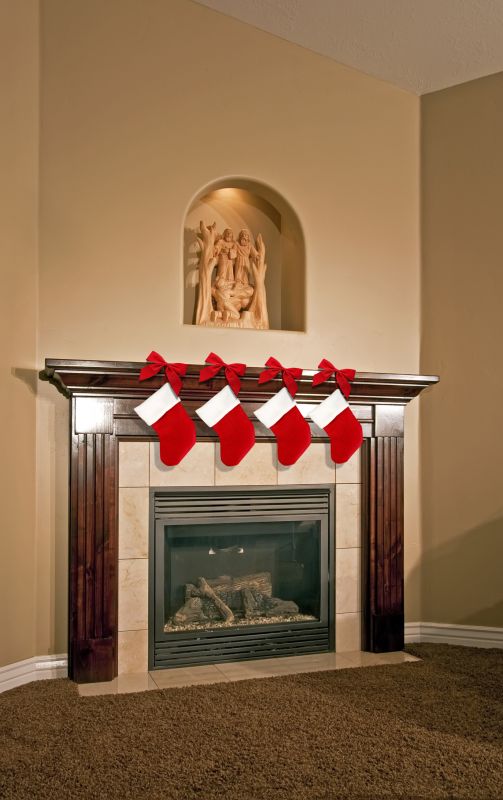
Ways to make Wood Mantel Stainings work in tight or awkward layouts.
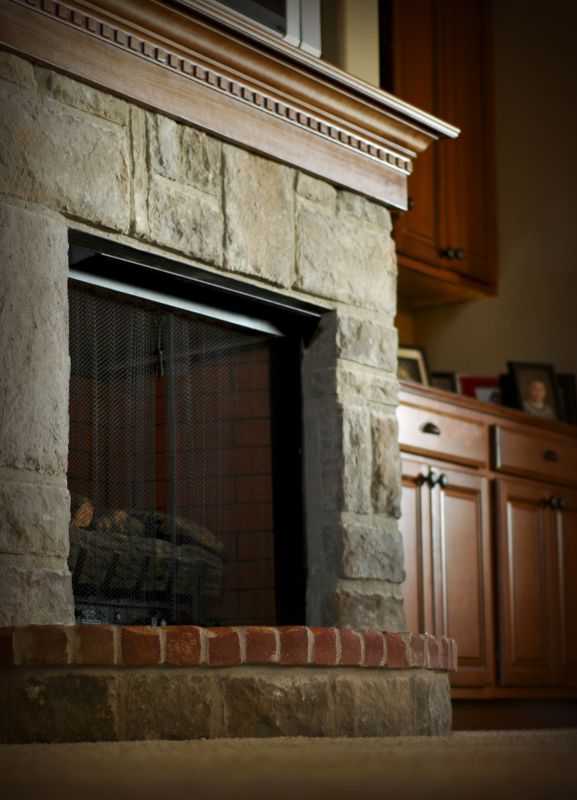
Popular materials for Wood Mantel Stainings and why they hold up over time.
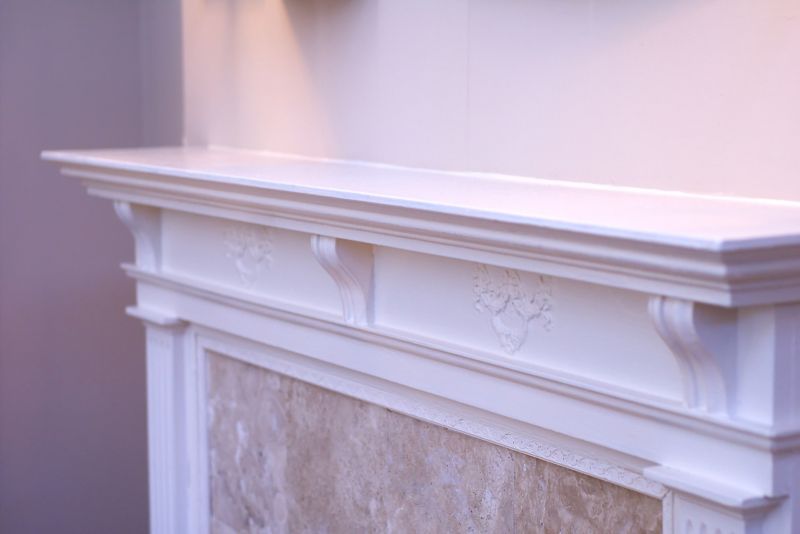
Simple add-ons that improve Wood Mantel Stainings without blowing the budget.
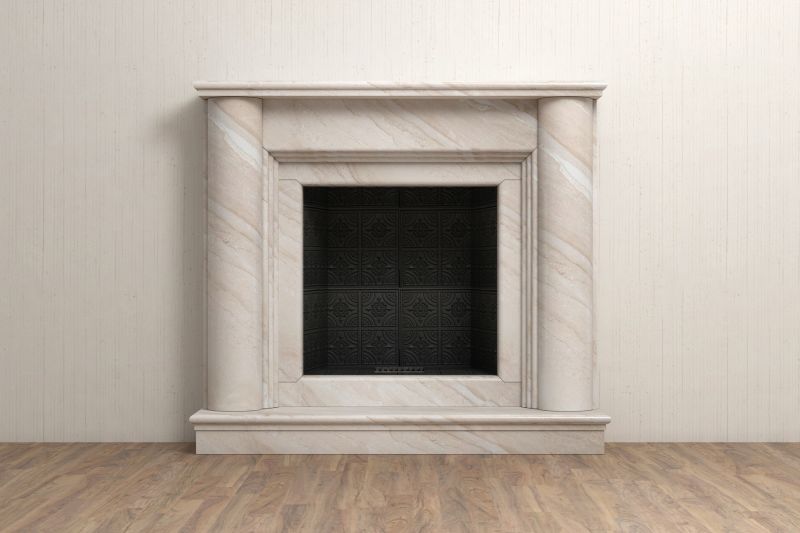
High-end options that actually feel worth it for Wood Mantel Stainings.
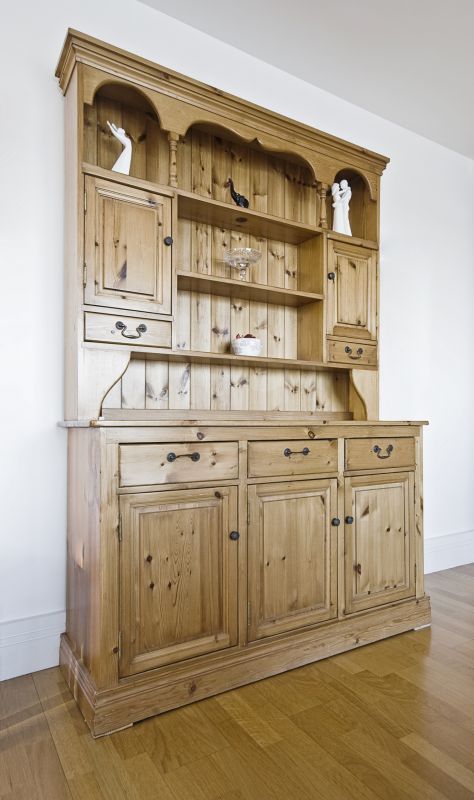
Finishes and colors that play nicely with Wood Mantel Stainings.
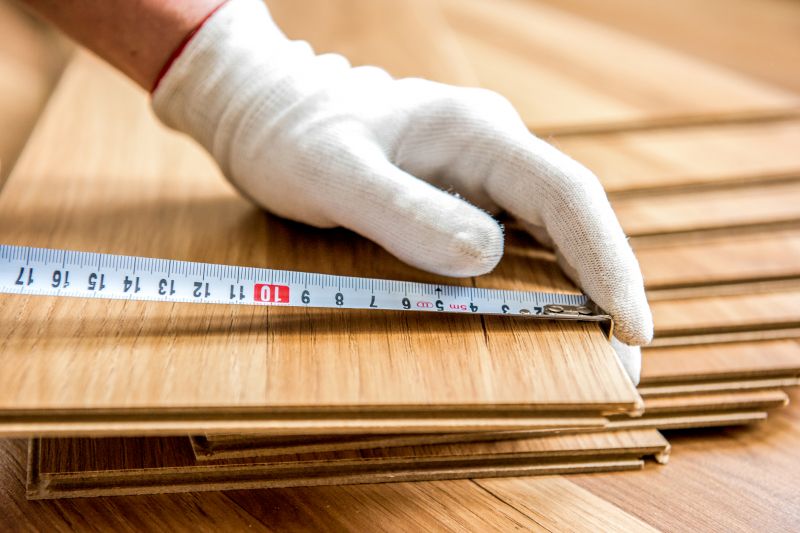
Little measurements that prevent headaches on Wood Mantel Stainings day.
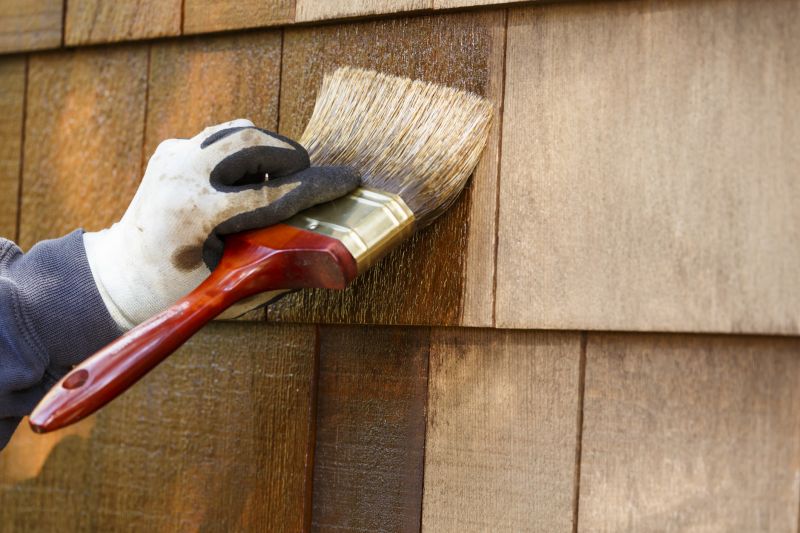
A 60-second routine that keeps Wood Mantel Stainings looking new.
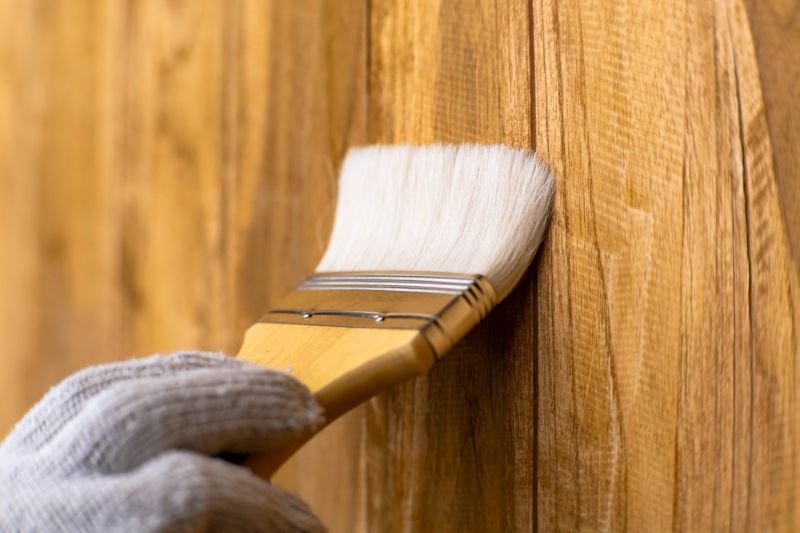
A frequent mistake in Wood Mantel Stainings and how to dodge it.
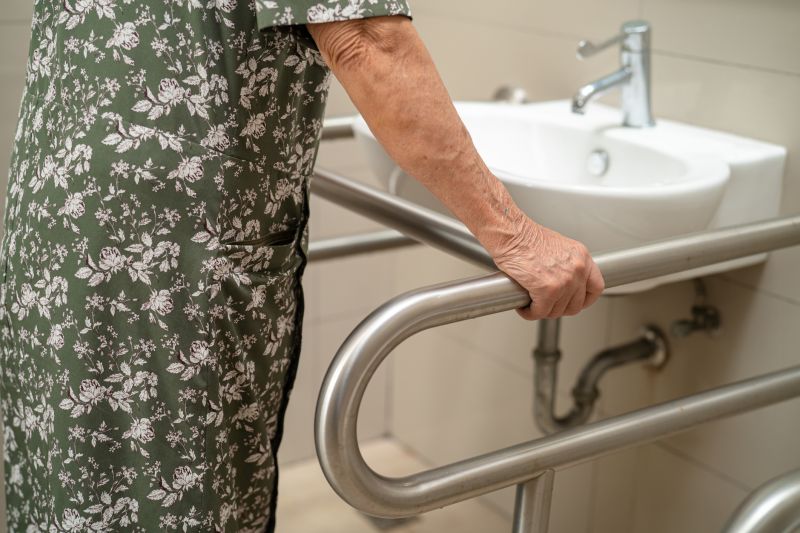
Small tweaks to make Wood Mantel Stainings safer and easier to use.
| Season/Time Period | Best Conditions |
|---|---|
| Late Spring | Moderate humidity and warm temperatures |
| Early Fall | Stable weather with mild temperatures |
| Indoor Staining | Controlled environment with stable humidity and temperature |
| Avoid | High humidity, rain, extreme heat |
| Re-staining Frequency | Every few years depending on exposure |



